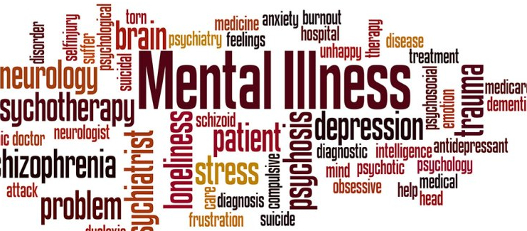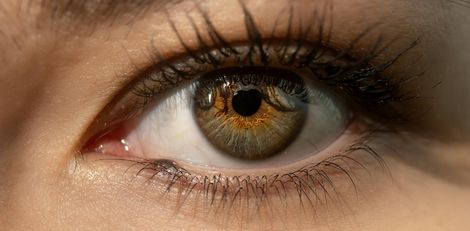Late-Night Eating: How It Affects Your Liver and Sleep Health
Your liver works continuously to process nutrients, fats, and toxins. However, when you eat is just as important as what you eat. Eating late at night can disturb your body’s natural circadian rhythm, affecting hormones like leptin and ghrelin, which control hunger and fullness. When these hormones become imbalanced, it can lead to overeating, higher blood sugar, increased cholesterol, and fat buildup in the body. Impact on Sleep and Digestion Late-night meals can slow digestion and increase the risk of acid reflux, bloating, and discomfort during sleep. Heavy, oily, or spicy foods are especially problematic because metabolism naturally slows at night, making digestion harder and sleep quality poorer. Best Time to Stop Eating Experts generally recommend finishing your last meal 3-4 hours before bedtime. If you must eat late, stay upright for at least 30-60 minutes afterward to support digestion and reduce reflux risk. Foods to Avoid Before Bed To protect your liver and improve sleep, avoid: – Spicy and greasy foods– Large or heavy meals– Sugary snacks and processed foods– Eating immediately before lying down Tips to Reduce Late-Night Cravings You can reduce nighttime hunger by: – Eating enough protein and fiber during the day– Drinking adequate water– Following regular meal timing– Getting consistent physical activity each week Final Takeaway Regular late-night eating may disrupt hunger hormones and increase the risk of metabolic issues and fatty liver changes. For better sleep and liver health, it is best to avoid frequent late-night meals and maintain consistent eating patterns. Disclaimer: This content is for educational purposes only and does not replace professional medical advice. If you have digestive disorders, liver conditions, sleep problems, or metabolic diseases, consult a qualified healthcare professional before making dietary changes.









